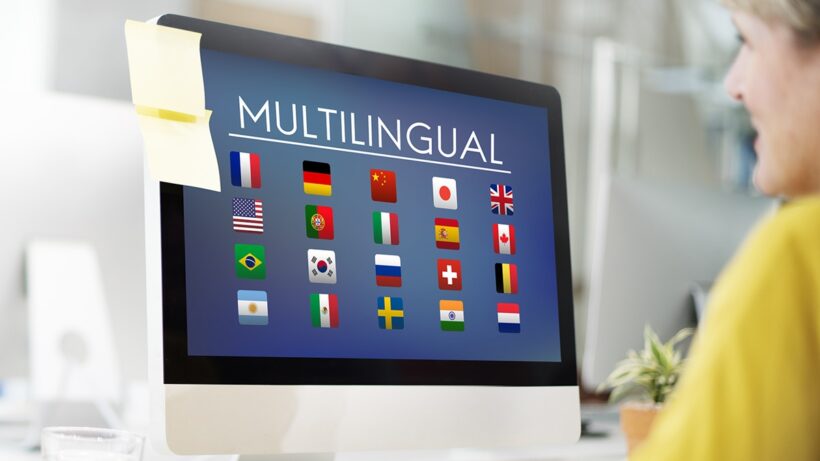These days the old mantra – Think Globally, Act Locally – can be turned on its head. As we struggle to establish a new normal in a world of less travel and more local restrictions, the opposite is apt. To fulfill your potential as a business, you need to localize your content to attract new customers from around the world and get them to act! Website translation and localization services cover a lot of ground. This primer is intended to get you going on the road to translating and localizing your site, preparing your web and social media platforms for multilingual operations, and then following that up with multilingual marketing and customer service.
How Do Website Translation Services Differ
Localization covers a huge swath of territory, covering both online and offline adaptation and conversions of content and services for a local market. This overlaps with the global language services market is estimated at 53.6 billion in 2019, though it extends beyond linguistic changes. Despite the current year’s lockdowns and slowdowns, arguably accelerated by them, the demand for language services is growing at a healthy clip, expected to reach 70 million by 2023. Website translation and localization has become highly automated, driven by Artificial Intelligence technologies for managing language versions and rendering content across linguistic frontiers.
Website translation is a more limited discipline, even though the term localization is often used interchangeably and with similar intent. However, localization involves the conversion of formats and measurement units and non-language issues. While the translation of language pertaining to the website represents the lion’s share of localization work, there’s also a need to adjust for cultural differences between the places and adjusting language and communication style accordingly.
Part of the reason for this blurring of these lines is because the companies and agencies which perform website localization services and translation services often are one and the same. Many of the world’s leading providers of website translation services started out with human translation on paper documents and then later on branched out to other services. According to Ofer Tirosh, CEO of Tomedes, the company expanded to website translation services and other digital solutions to meet the growing demand largely due to the globalization of the online experience.
Should You Do Website Translation with a Professional Agency or Freelance Translators?
One question often asked is whether it makes business sense to pay a premium for a translation or localization agency when freelancers can be contracted, easily and less expensively, in an online freelance marketplace like Upwork and Freelancer.com. Clearly, the prices for freelance translators can cost less than what agencies charge, but there are hidden costs in terms of management time and higher risks of delay and failure in the wildly growing gig economy, now believed to involve some 35% of workers in the US alone, more than 55 million according to the Bureau of Labor Statistics in 2017 and no doubt, even more, these days.
Although online marketplaces make finding a freelancer easier, that ease of getting started doesn’t always translate into successful or efficient engagements. Working with freelancers often requires more personal management time to brief the translator, review drafts, and finalize projects. That time required can often become a headache and a red flag, especially if there are delays caused by the unavailability of the freelancer. Website and app localization agencies, by contrast, take upon themselves the burden of managing all translation and localization processes, including the tedious process of revisions and testing that any serious effort requires. Do you have the personal patience and endurance for that? Not every busy executive does.
Can Machine Translation and Online Software Help Website Translation?
There’s no doubt that the quality and efficiency of AI-driven machine translation for web content have increased in recent years. Moreover, the tools in place to expedite website localization processes have vastly improved. APIs have been developed by leading technology companies such as Google to automate and “train” the translation of texts and even audio media in most of the world’s leading languages. Part of the software development process involves internationalization, which is the preparation of content assets and computer code, to be sliced and diced into potentially dozens of different languages. This process is far too complex for a freelancer to perform alone. Let a specialized localization agency take on this headache.
After Website Translation Services, What About Marketing and Support?
Let’s fast-forward to the happy day when your website and social media have been localized to the point where your content is accurately and automatically rendered into 3, 4, or a dozen languages. Is the online localization job over? Ah, you wish! For each new language and locale you support, you need to adapt your brand and marketing campaigns, each requiring the skills of human linguists and marketers, ensuring that you are communicating effectively with locals. And you will need to service those customers as well. Happily, localization and translation agencies have specialized experts on call to ensure that neither you nor your customers, get lost in translation.
Laila Azzahra is a professional writer and blogger that loves to write about technology, business, entertainment, science, and health.
